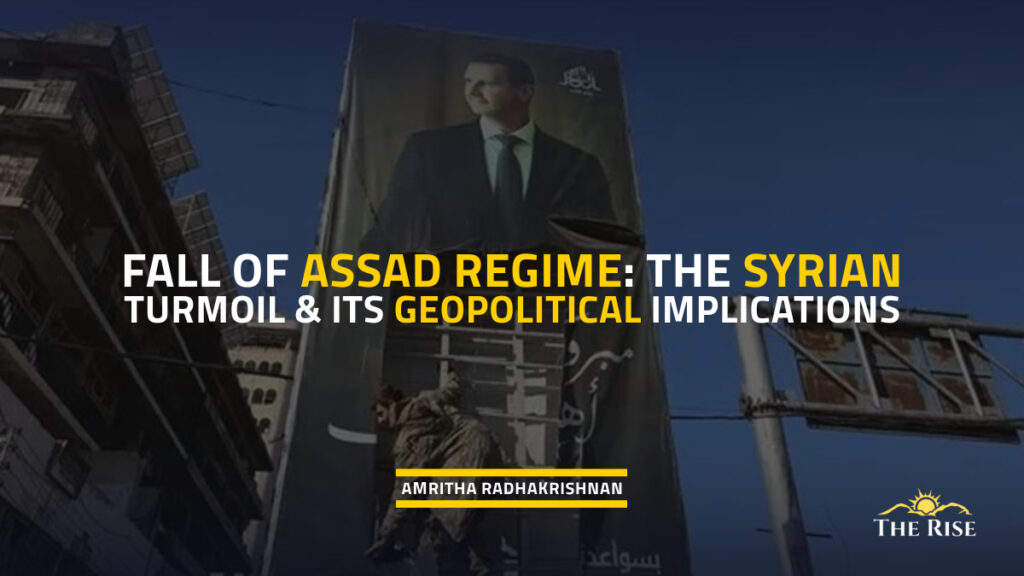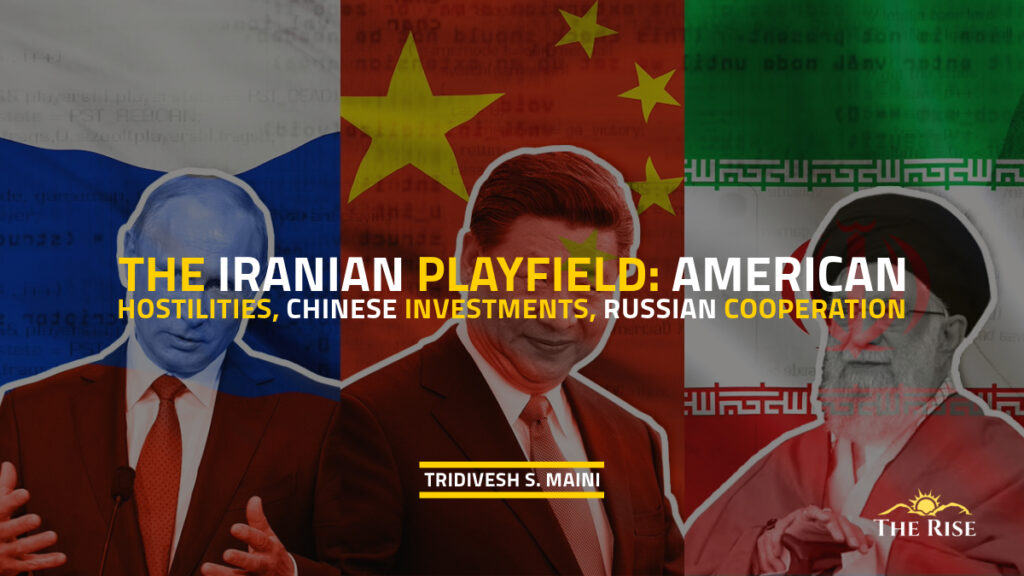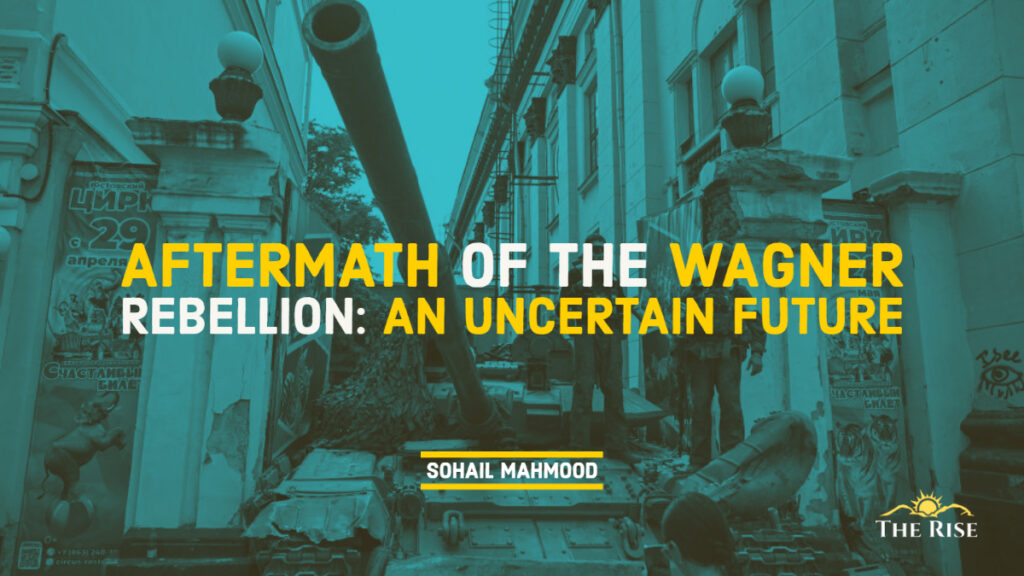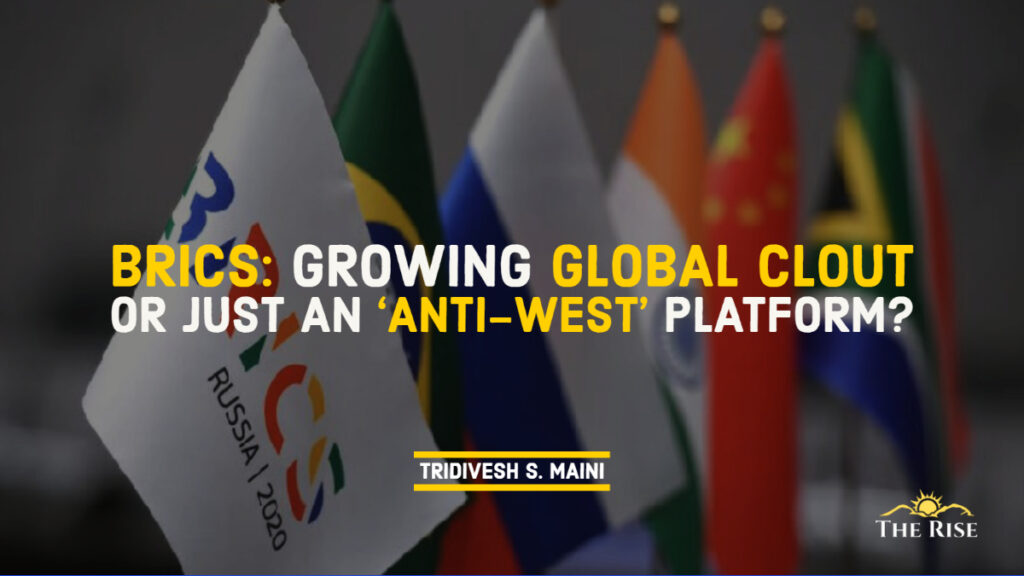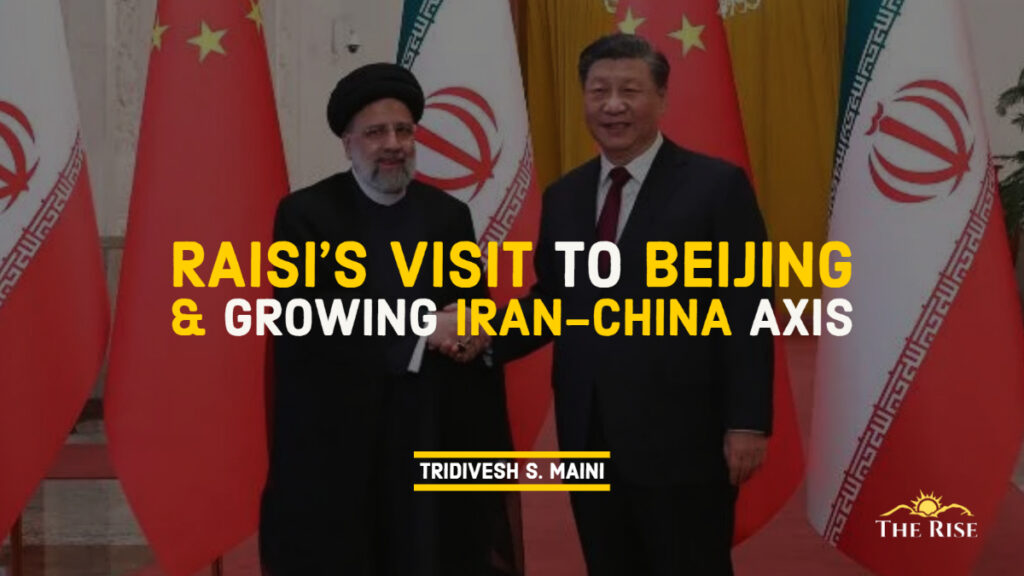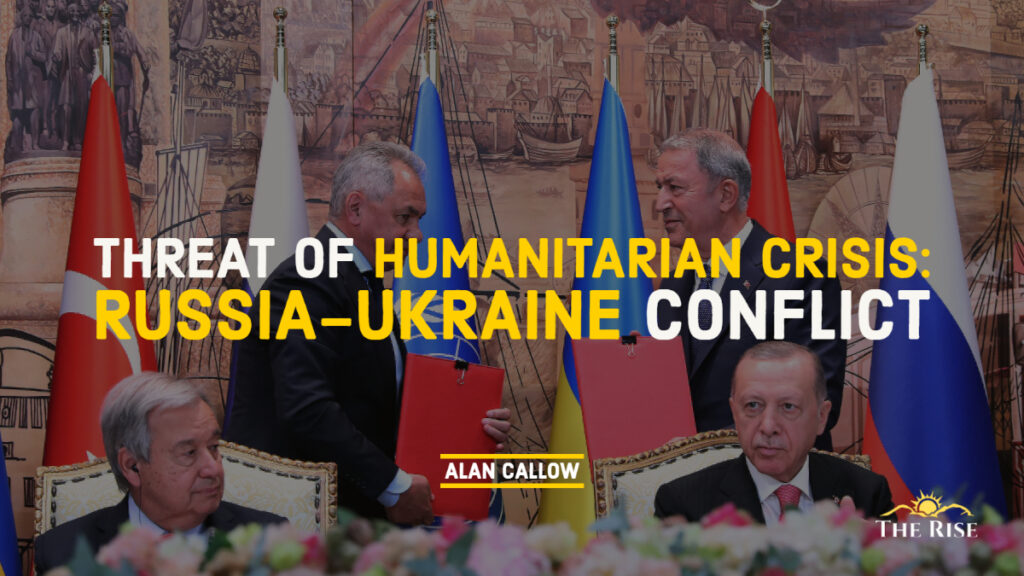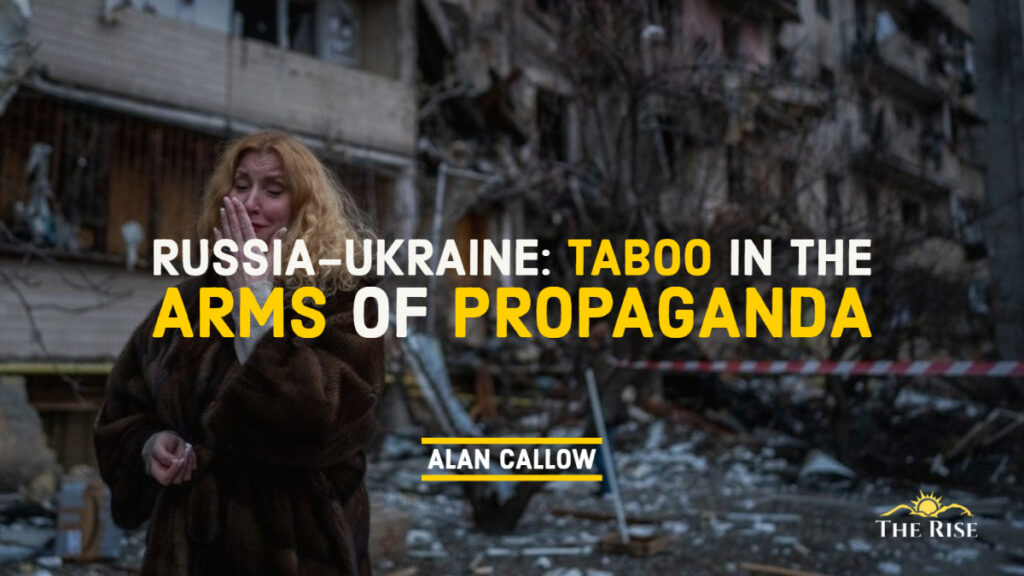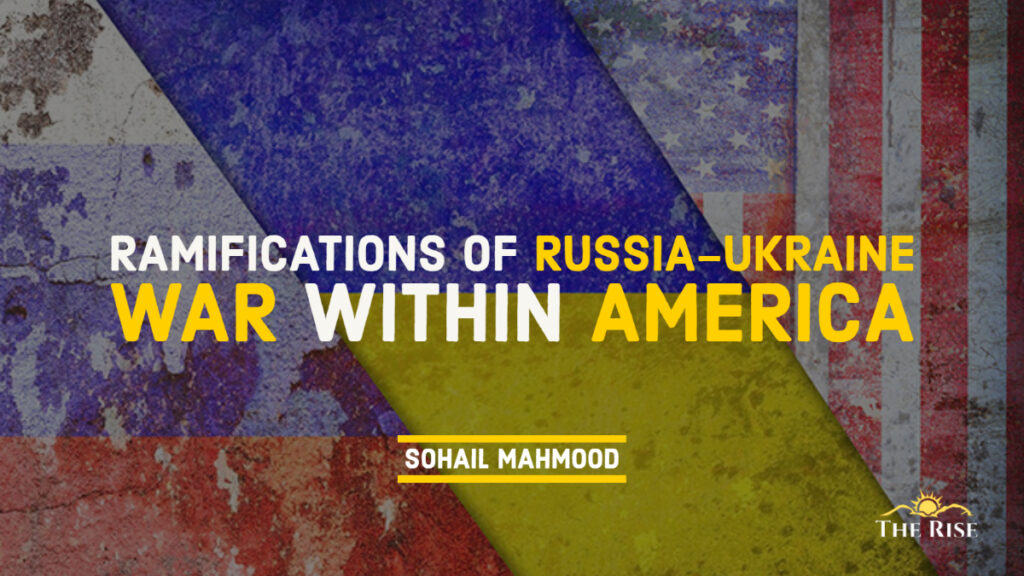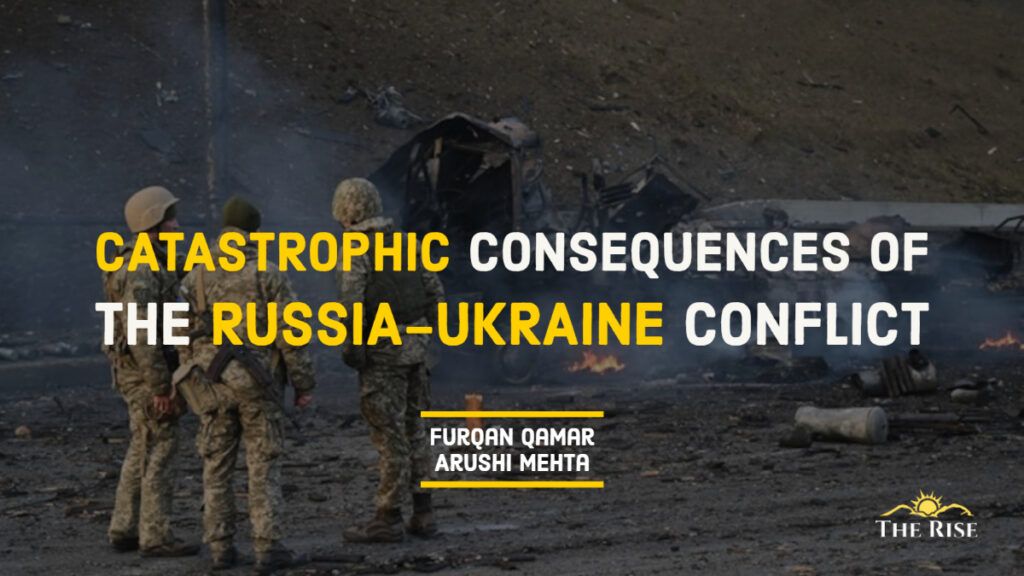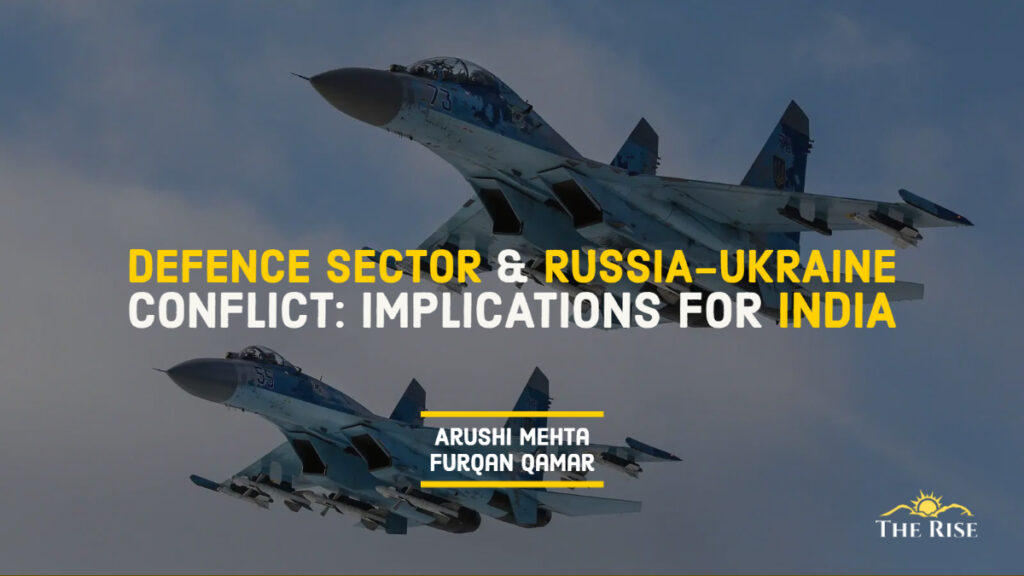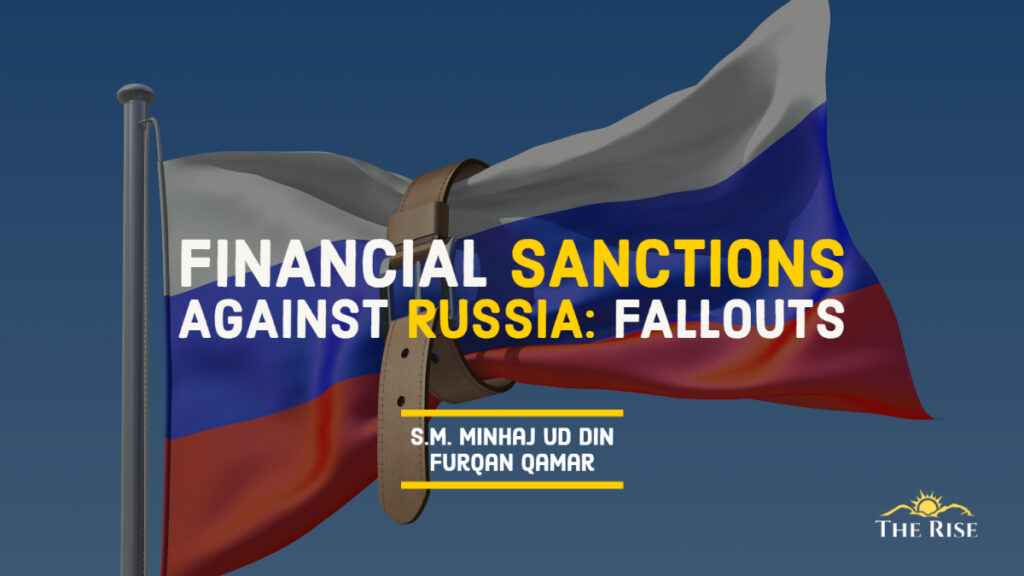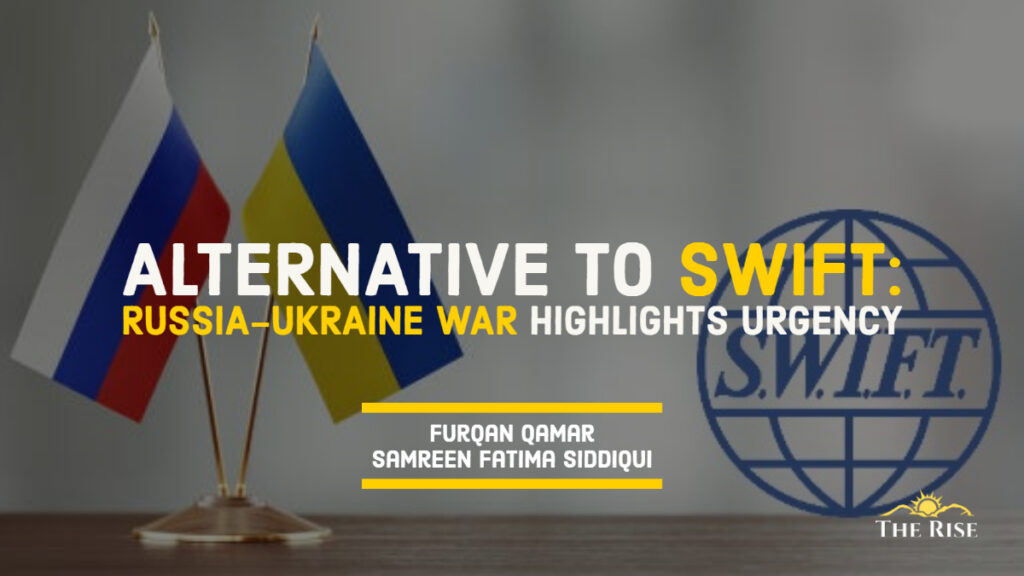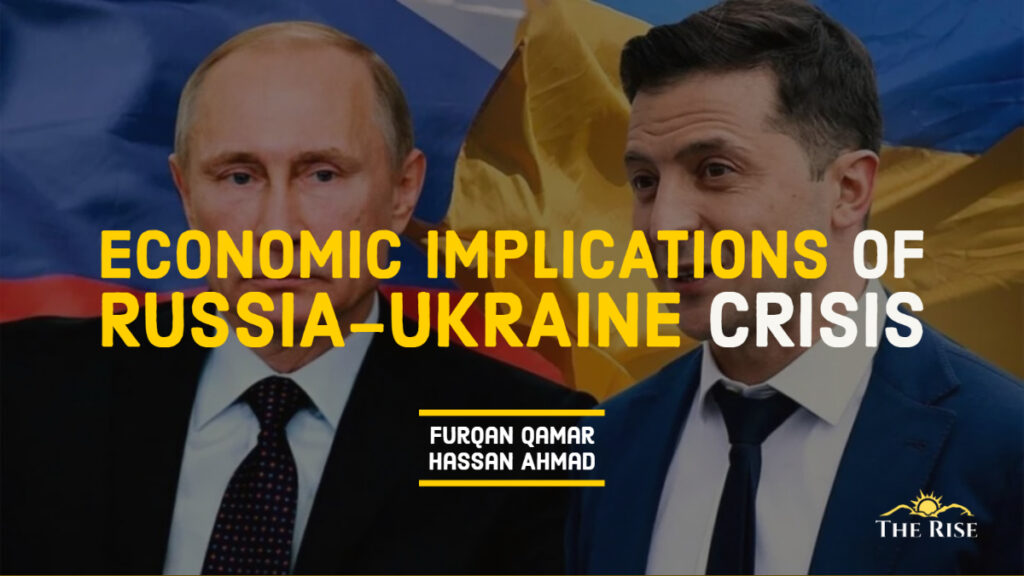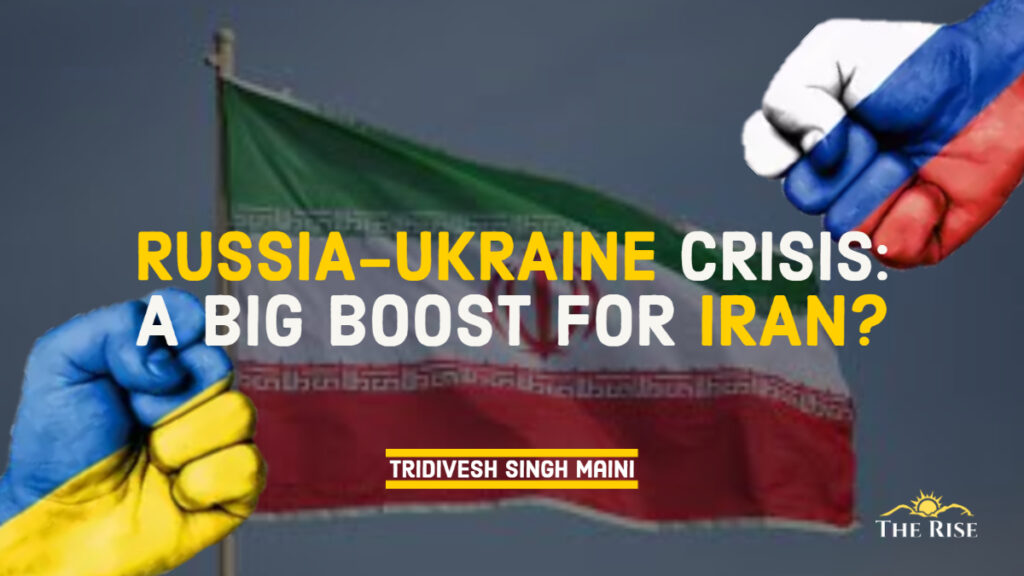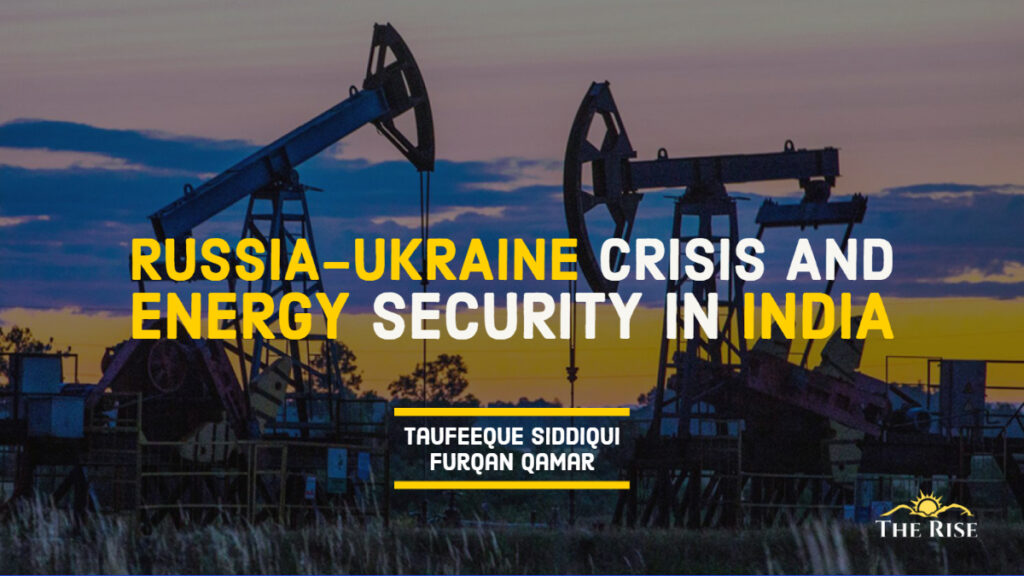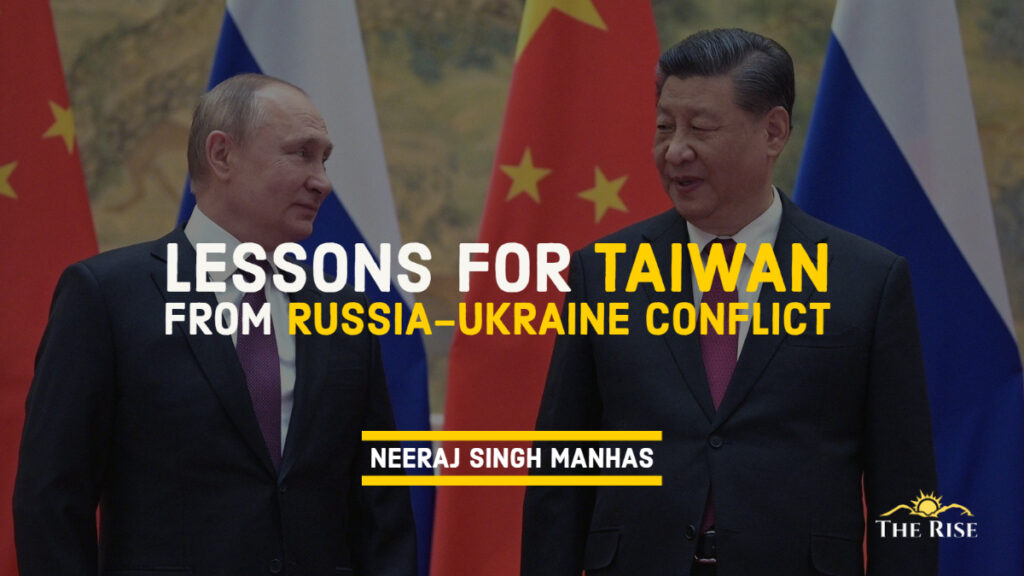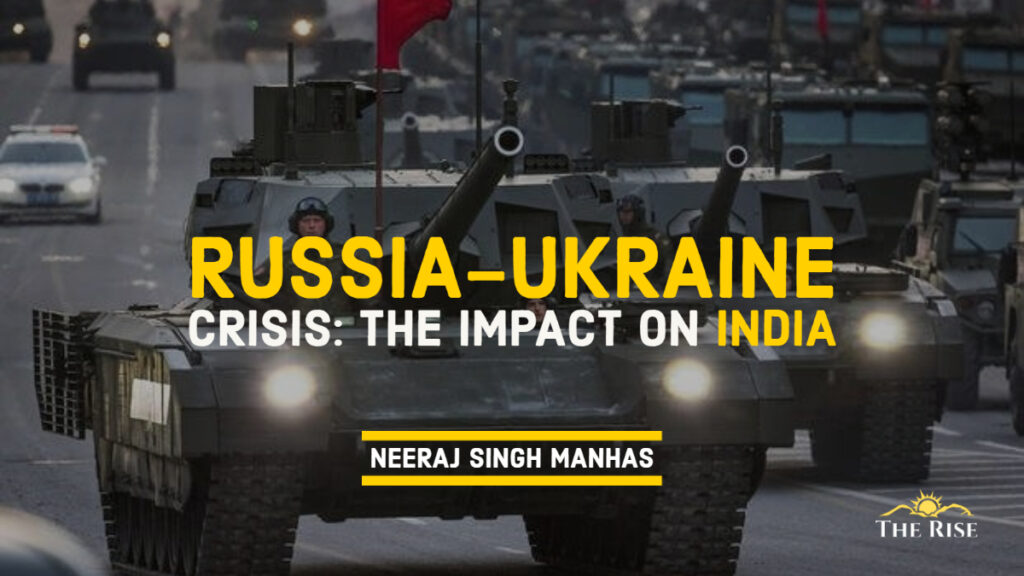Russia’s unprovoked war in Ukraine has shocked the world, producing an unprecedented opportunity for the Biden administration to use global public opinion, primarily in the West, to buttress the solidarity between the United States, NATO, and EU against Russia, its long-term adversary. Biden knows that the November midterm elections will determine his political standing and the war’s course. Most importantly, the economic and financial tools available, especially the sanctions regime, are going to become more important as the war grudges on into a stalemate of sorts, with no clear winners on either side.

